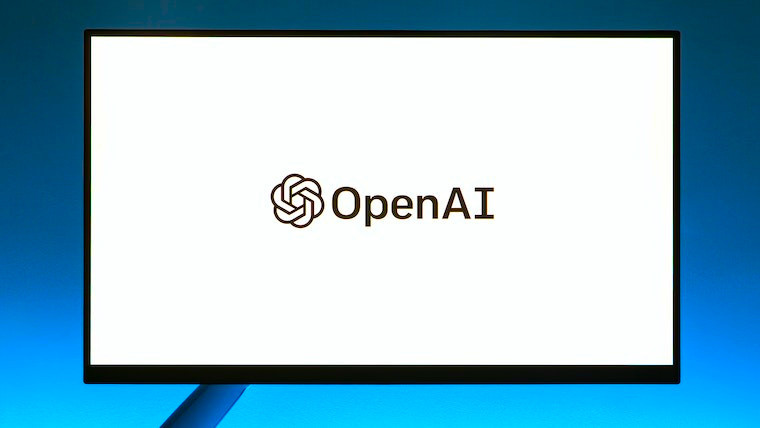The Federal Trade Commission has started an investigation of OpenAI, the company behind the ChatGPT chatbot, and the basis for Microsoft’s Bing Chat. The FTC is looking into if OpenAI might have violated federal consumer protection laws with the use of the chatbot.
The Washington Post reports that the FTC has sent OpenAI a demand to send the regulator certain documents surrounding ChatGPT’s users. It states:
The FTC called on OpenAI to provide detailed descriptions of all complaints it had received of its products making “false, misleading, disparaging or harmful” statements about people. The FTC is investigating whether the company engaged in unfair or deceptive practices that resulted in “reputational harm” to consumers, according to the document.
The FTC is also demanding that OpenAI give more information about an incident that happened in March. OpenAI claimed at the time that a bug in its chatbot may have caused a small percentage of ChatGPT Plus subscribers to have their personal, and partial payment, info visible to others who used the service. OpenAI did apologize for this privacy breach. The FTC is looking into if ChatGPT’s security issues have violated consumer protection laws.
This new probe into ChatGPT may just be the start of the federal government looking into how generative AI programs should be regulated in the future. While the FTC is using current consumer protection laws and regulations to monitor chatbots in this investigation, it’s more than likely that new laws will have to be created to address more specific effects of AI programs.
OpenAI is already dealing with a number of lawsuits filed against it by people for various reasons. One lawsuit that was filed very recently by two well-known authors, Paul Tremblay and Mona Awad, claim that ChatGPT illegally access the content of their novels in order to create summaries of those works.

